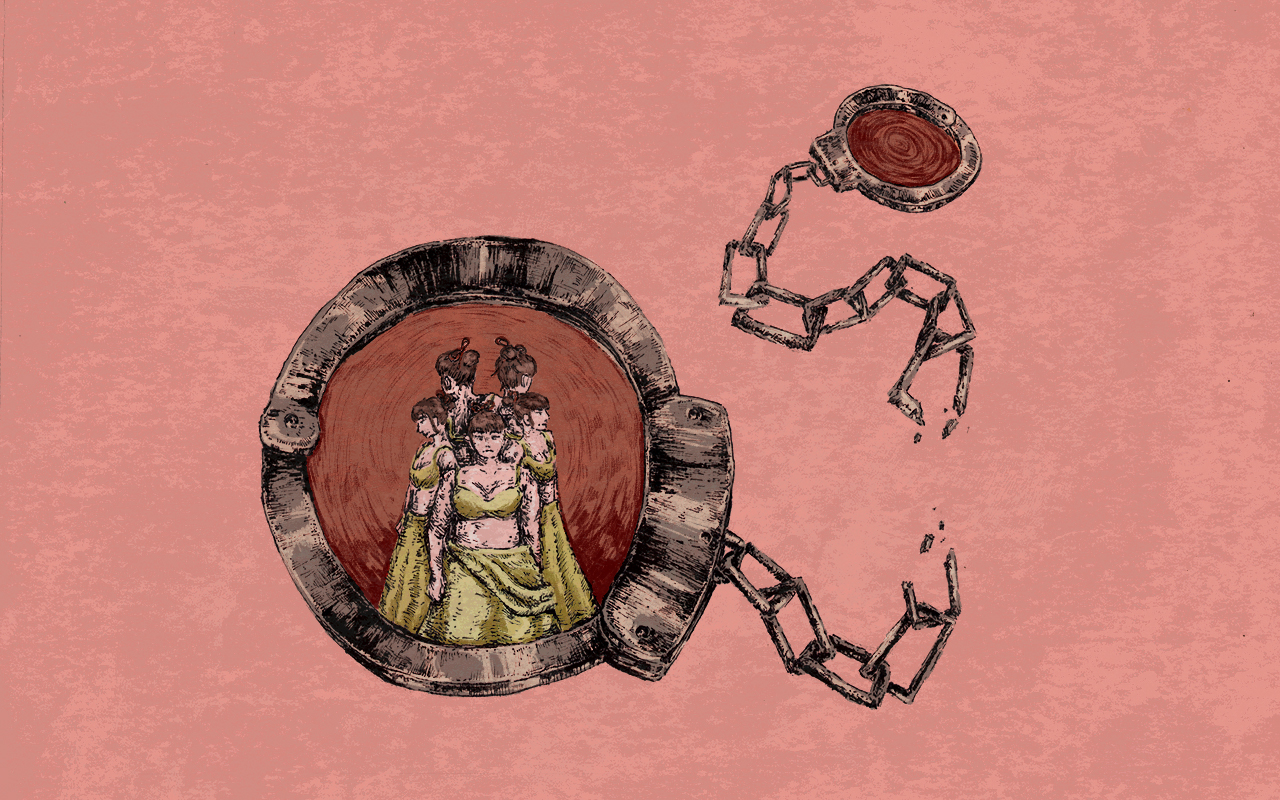
Radical Object: A Song Born of Women’s Protest
How did a protest by a group of women from a Christian anarchist movement inspire a 1960s American folk song? Victoria Peretitskaya explores the origins of the song, the protest and its feminist legacy.

How did a protest by a group of women from a Christian anarchist movement inspire a 1960s American folk song? Victoria Peretitskaya explores the origins of the song, the protest and its feminist legacy.

How can we use oral history to capture the diverse history of the UK environmental movement? Barbara Brayshay and Saskia Papadakis introduce the OHEM archive.
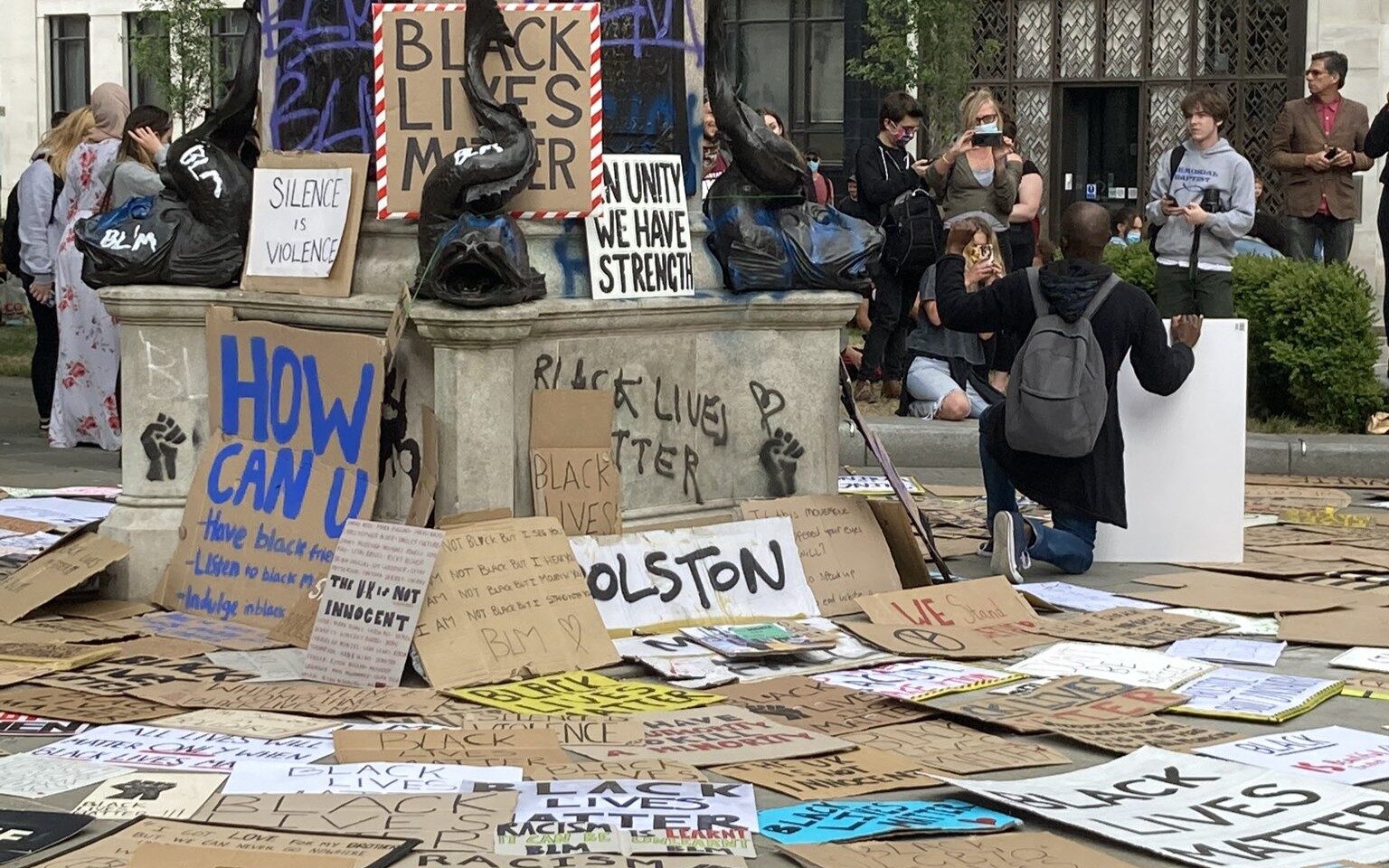
The idea of making amends for slavery has a long genealogy in Britain. Catherine Hall examines this history alongside vital questions of race and repair for our present moment.
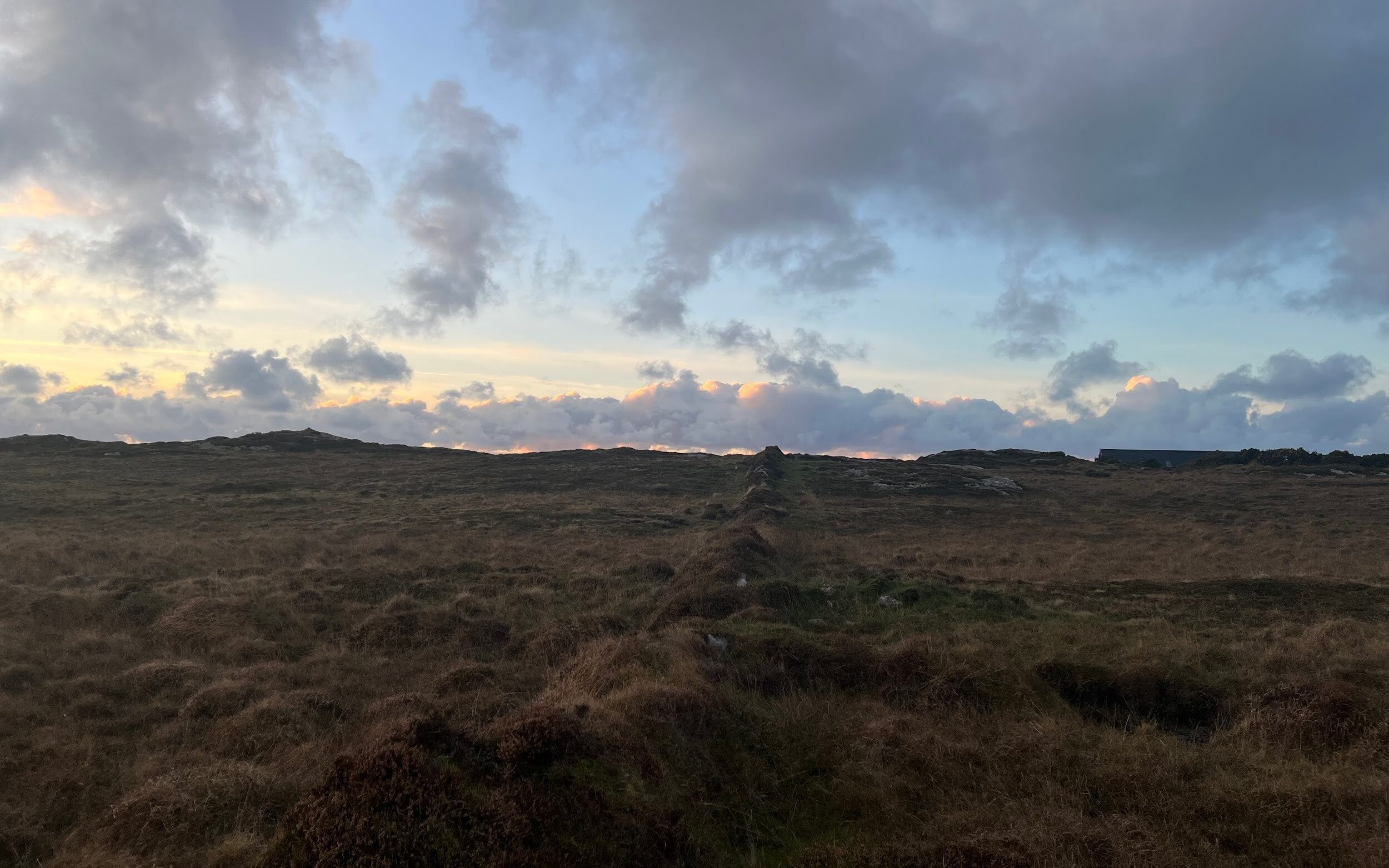
In the eighteenth century, landlords in the Scottish Highlands began to exert greater control over what their tenants planted and how they planted it. Cat Scothorne shows how these 'reforms' disrupted resilient ecological practices.
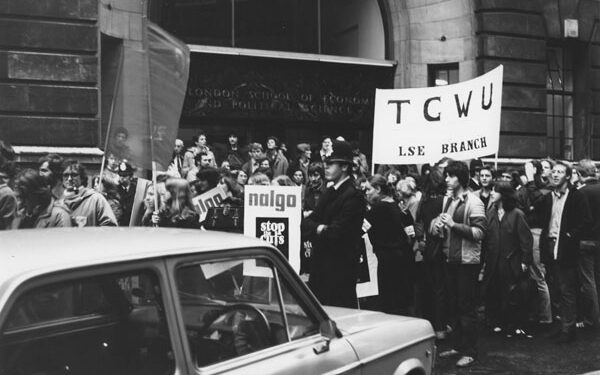
Throughout modern history, overseas students have neither been entirely rejected nor genuinely accepted. Nilakshi Das examines this discourse as it shifted over time.

Read the latest issue of History Workshop Journal - celebrating the journal's 100th issue on its 50th anniversary.
Read Article "HWJ 100"
In this new and free-access Virtual Special Issue, Andrew Whitehead brings together 50 years of writing and reflection on the New Left
Read Article "The New Left"What radical histories can be found in 'working and wandering' from place to place? This series explore itinerance in histories of space, movement and labour, and how historians might imagine news ways of researching itinerantly.
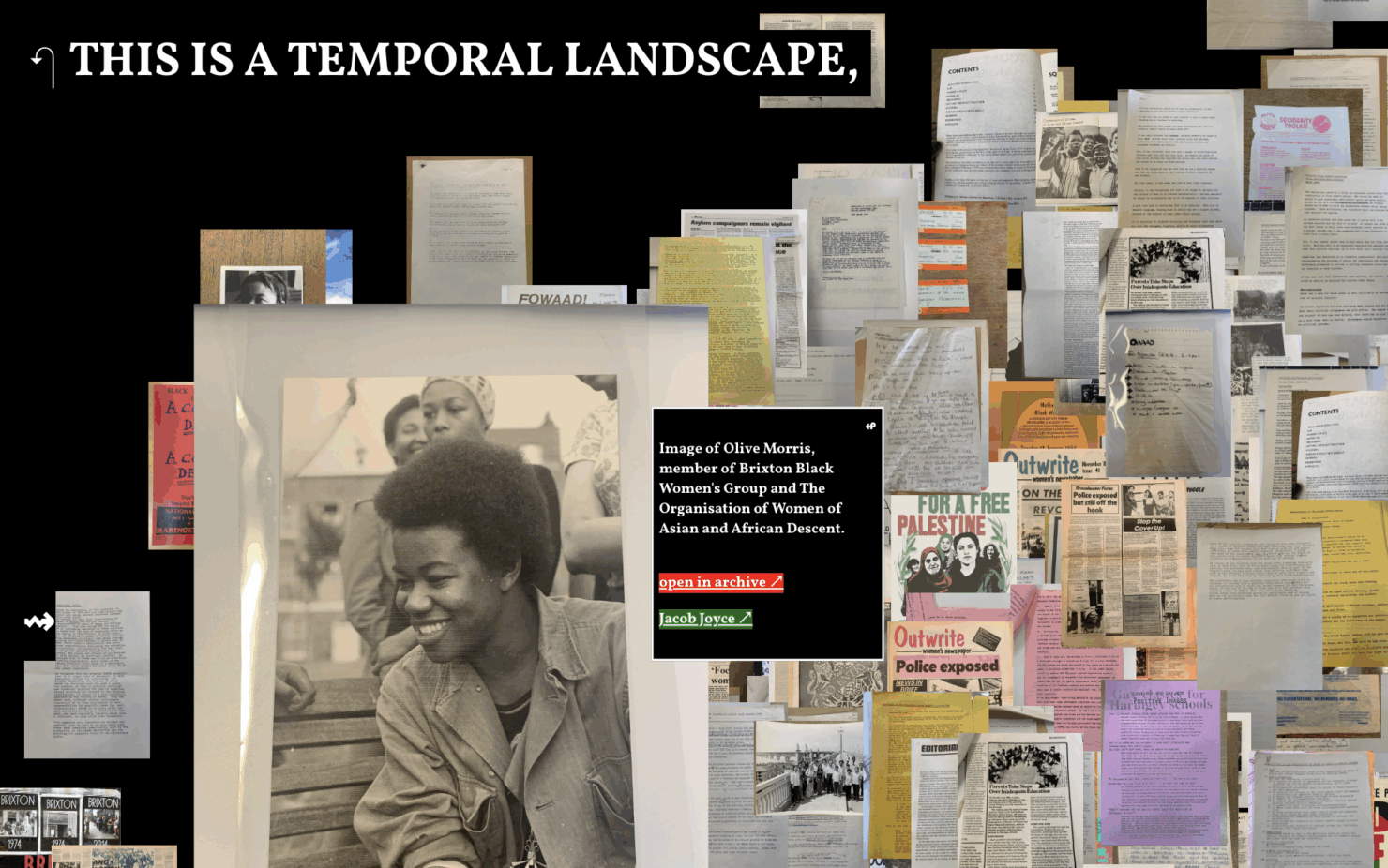
Lola Olufemi and Agnes Cameron revive resistance in the concepts of 'history' and 'technology', through digitally reassembling the archive.
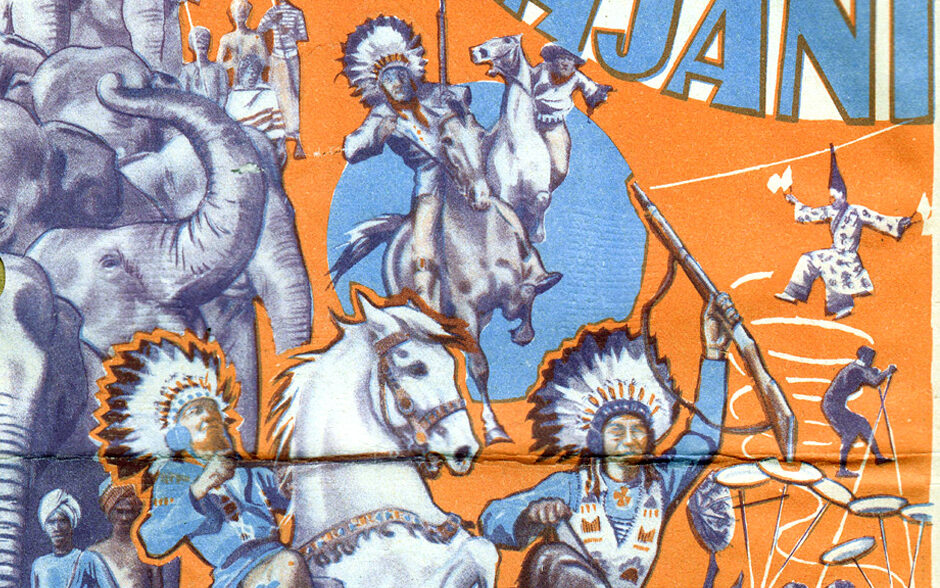
Sabine Hanke examines how Lakota performers challenged and resisted the 'exotic othering' of their identities in the Sarrasani circus.
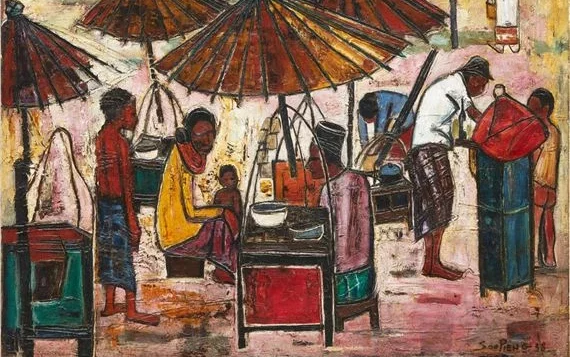
Chin Kar Yern explores how hawkers have shaped the landscape of hunger in Malaysia.
Listen to our latest episodes on:
Soundcloud,
Apple Podcasts,
Stitcher or
Spotify
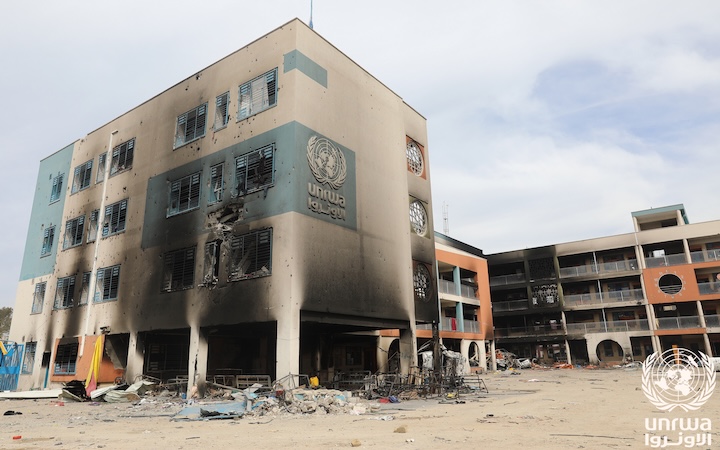
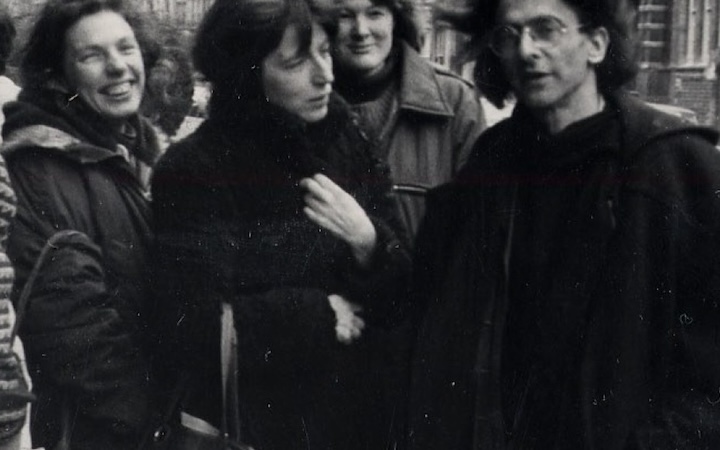
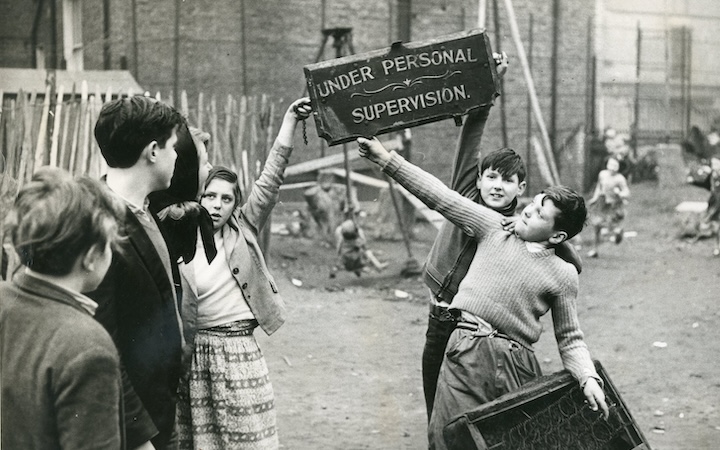
How might playgrounds form part of a spatial justice movement?
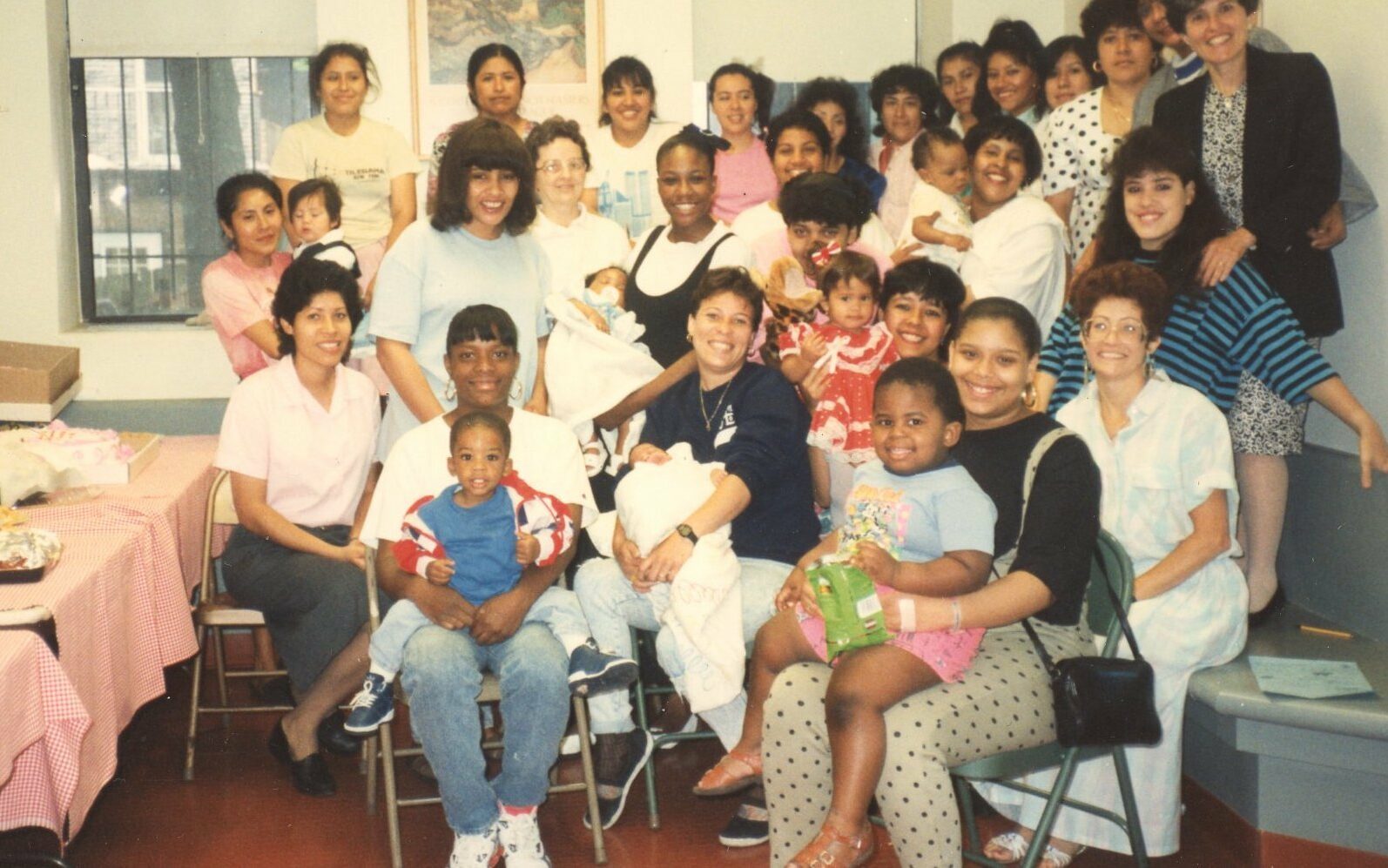
How have a small - and declining - group of nuns built grassroots power with immigrant families in East Harlem?
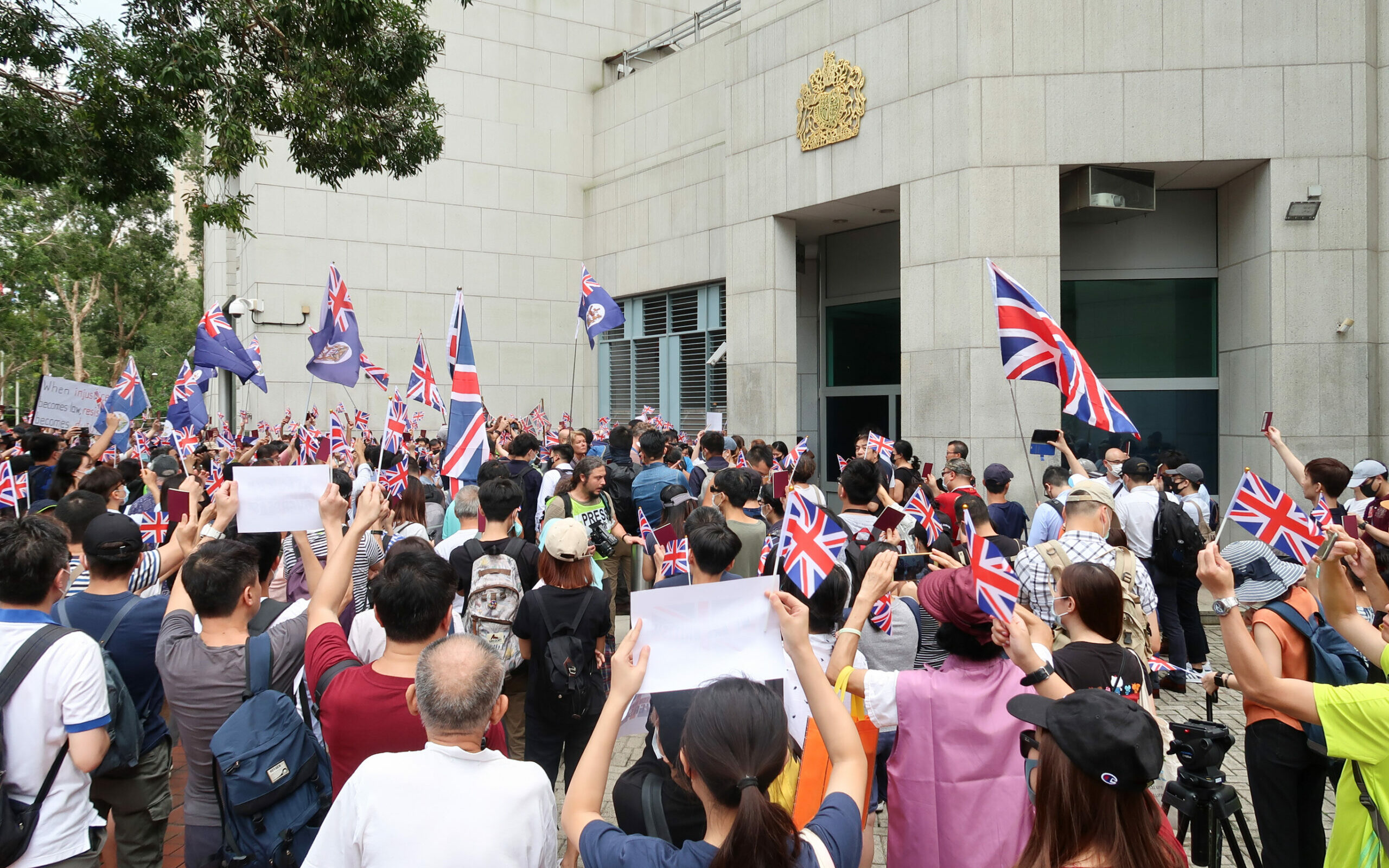
Michaela Benson unpacks the Hong Kong British National (Overseas) visa, and how it has contributed to redrawing humanitarian protection and migration policy after Brexit.
Whether letters, food or ephemera, material objects have acted as radical agents in history. Here, historians, archivists and activists unpack stories of solidarity and everyday lives.

How did a protest by a group of women from a Christian anarchist movement inspire a 1960s American folk song? Victoria Peretitskaya explores the origins of the song, the protest and its feminist legacy.
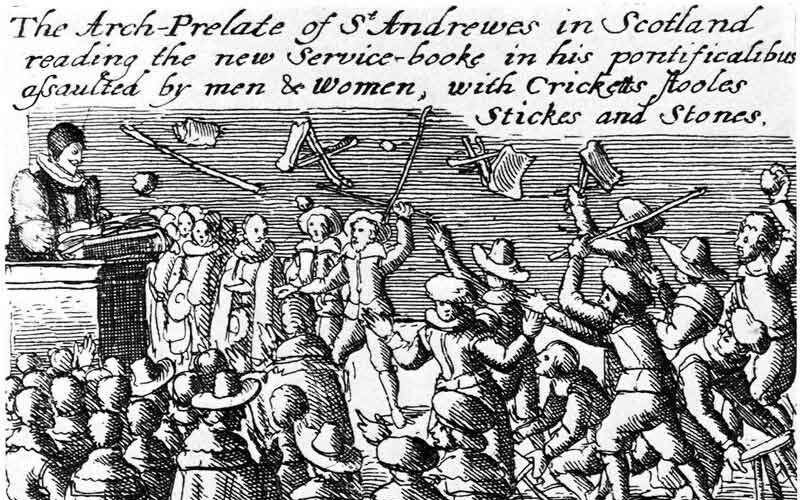
If you go down to the Thames today, you're sure of a big surprise - printer's type. Peter Wollweber unpacks its radical history.
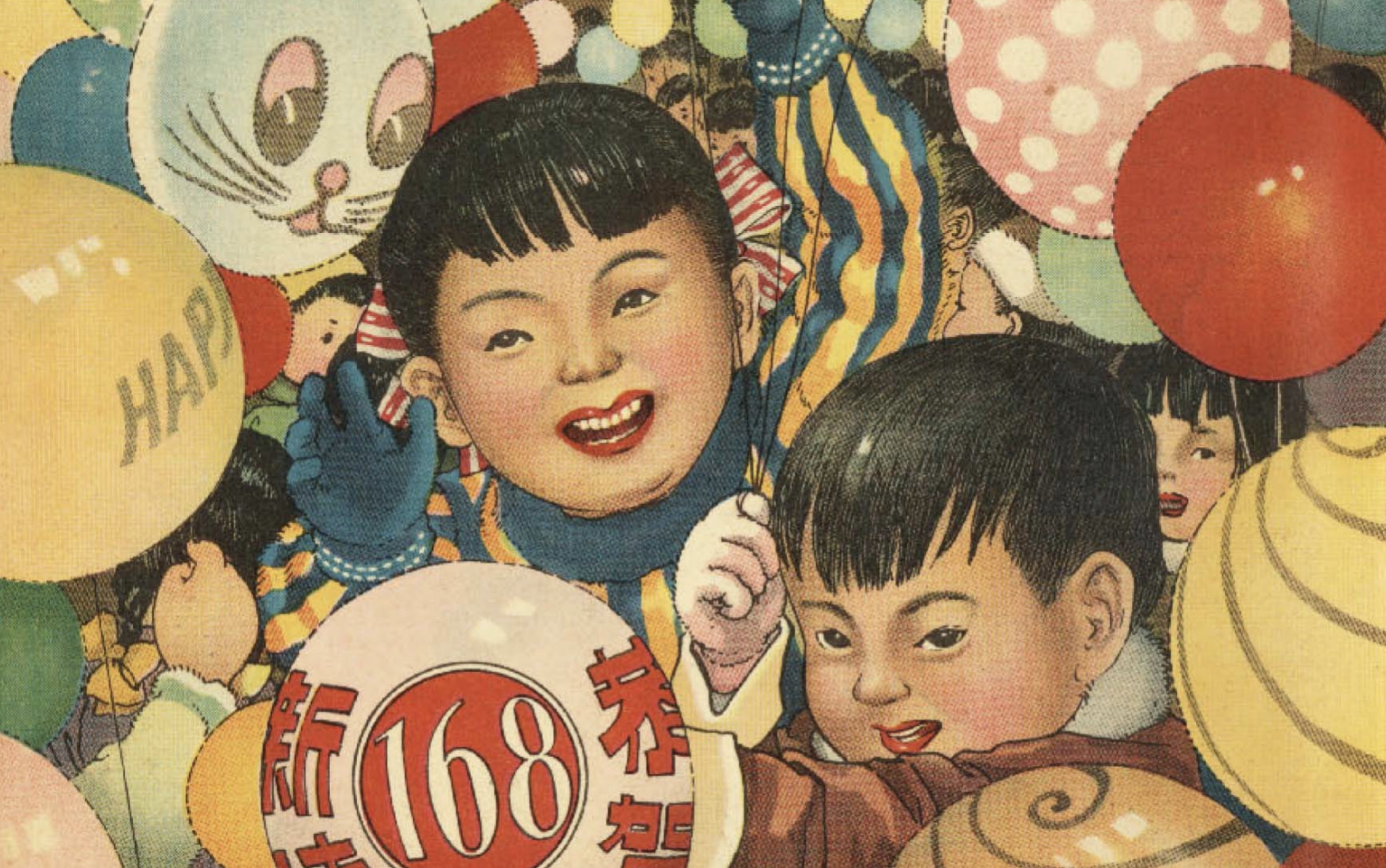
Allan Pang explores the diverse and conflicting depictions of Chinese and world history in transregional children's magazines.